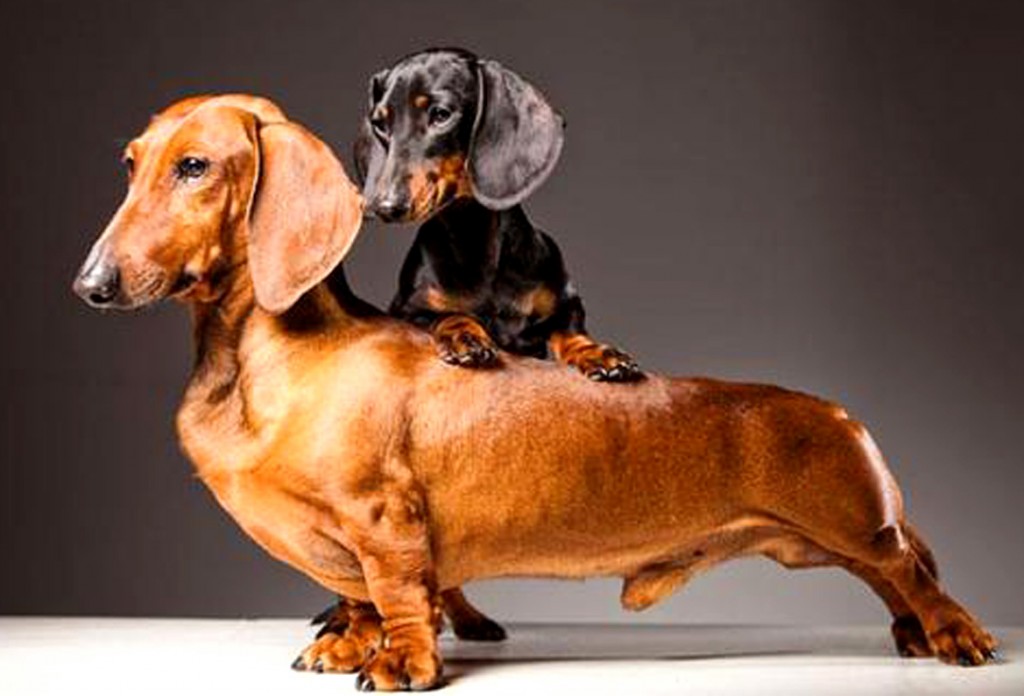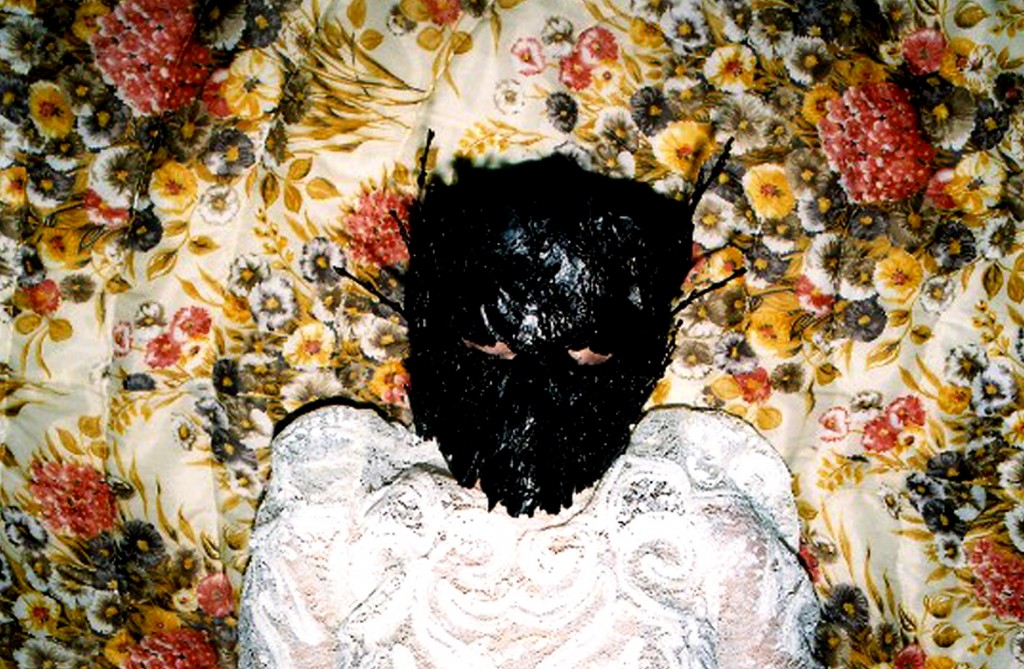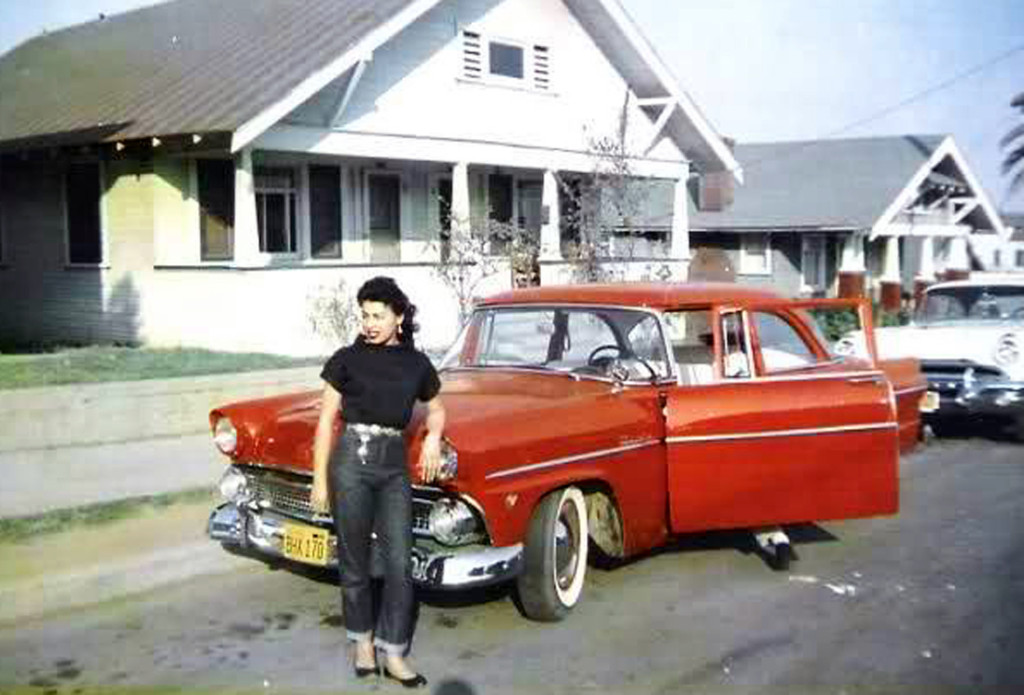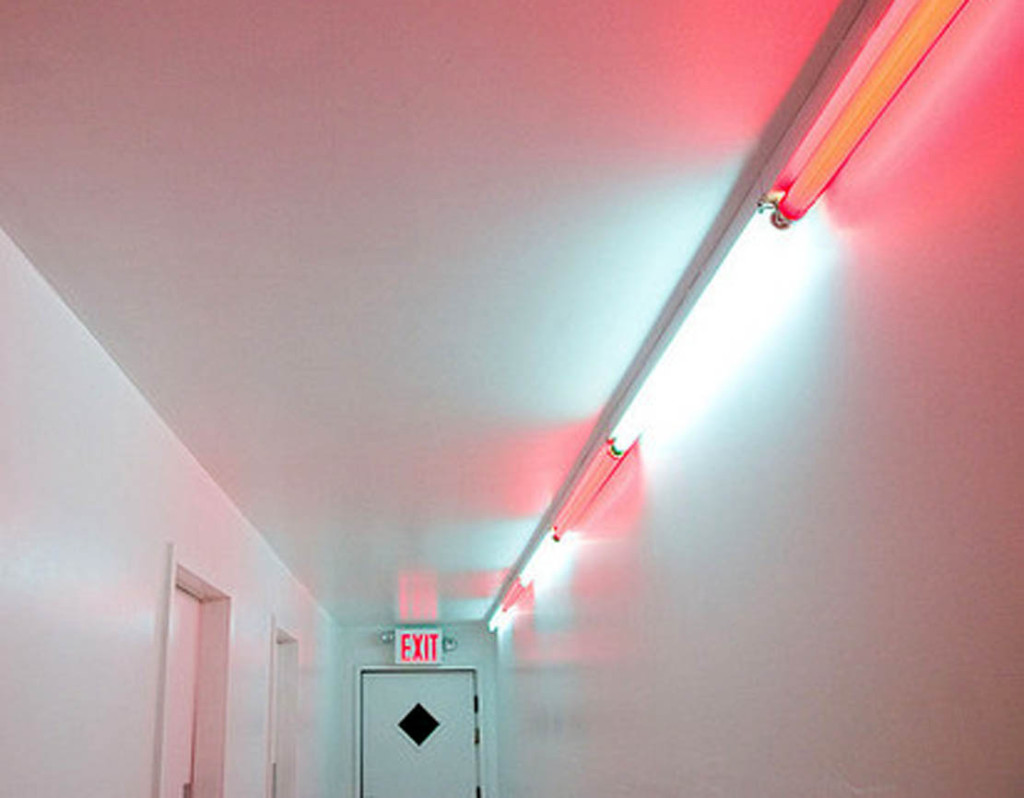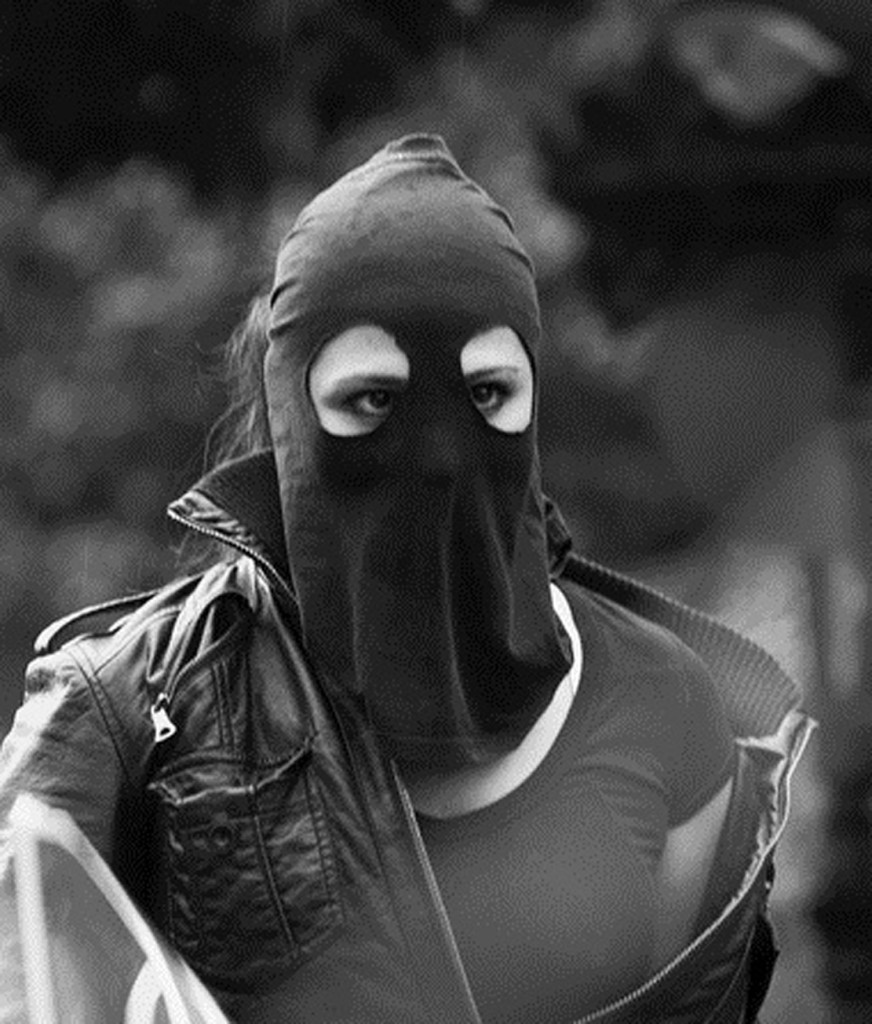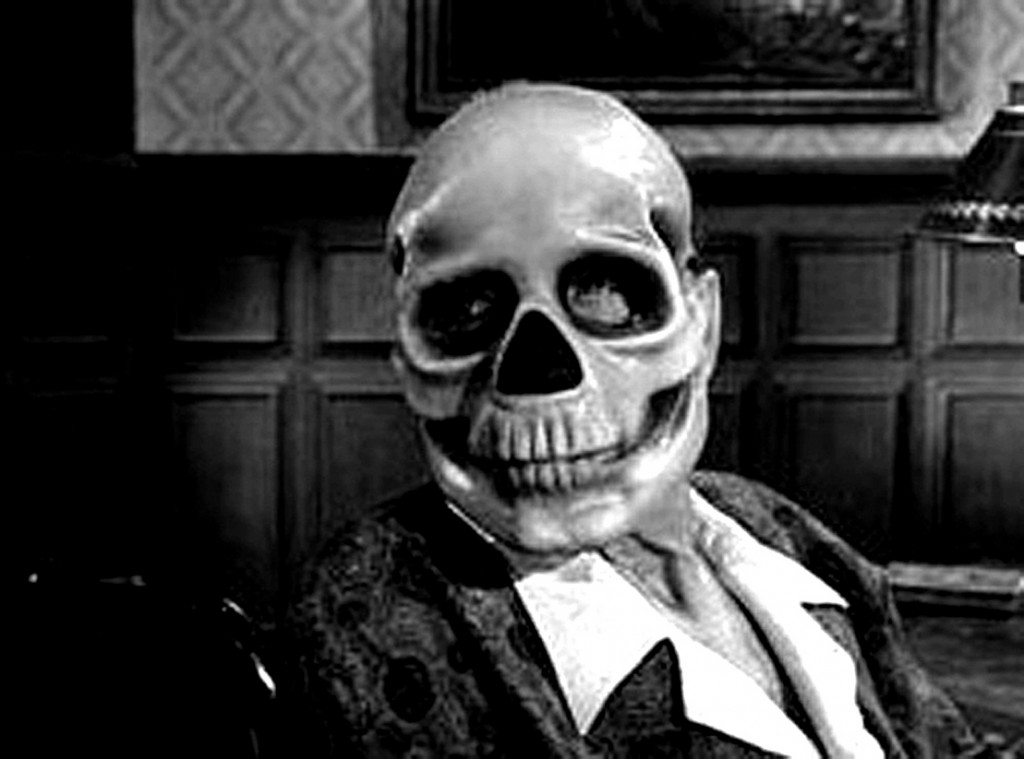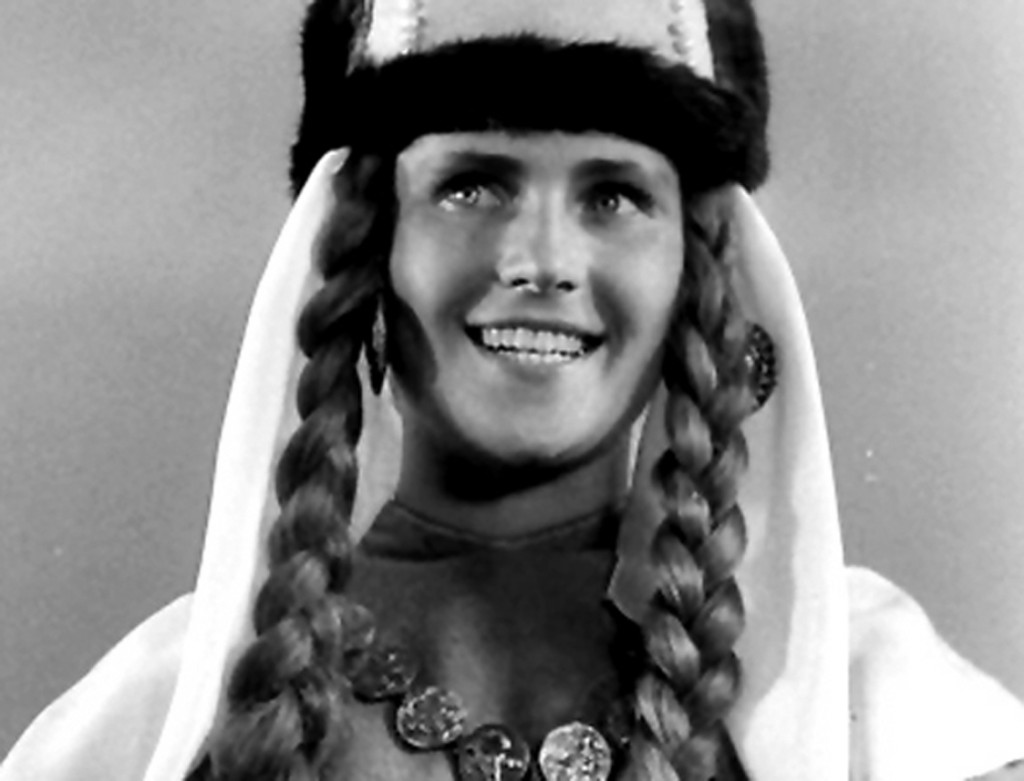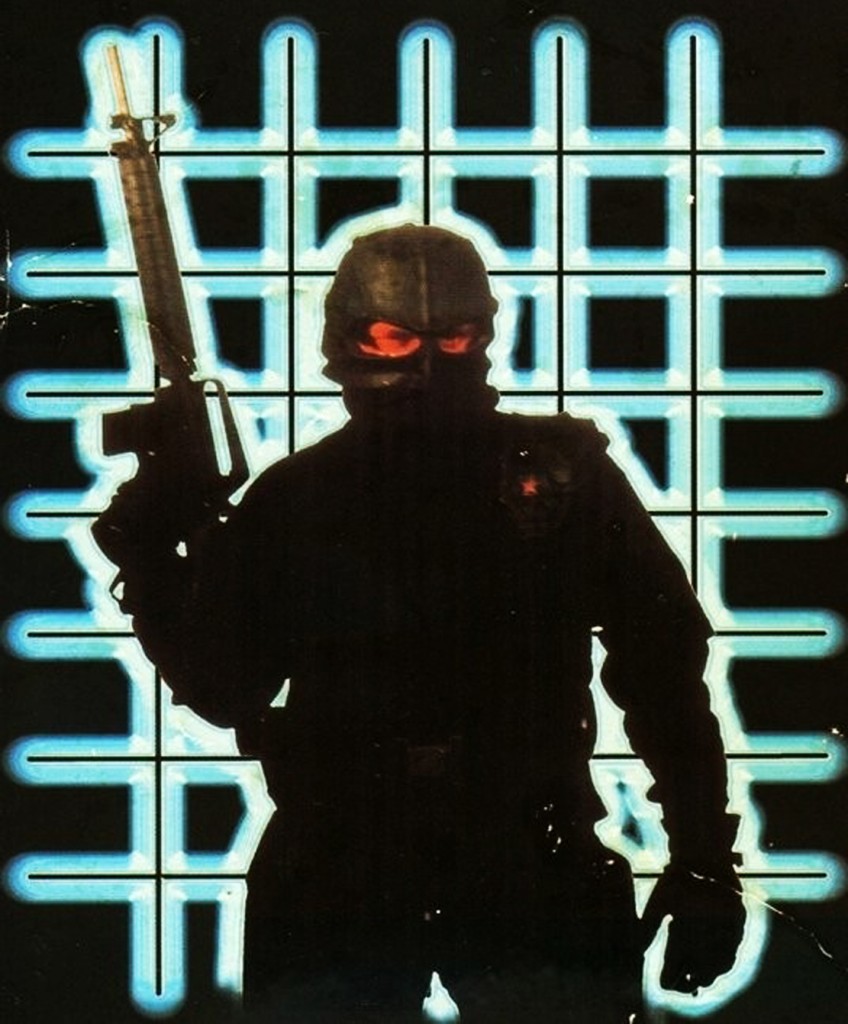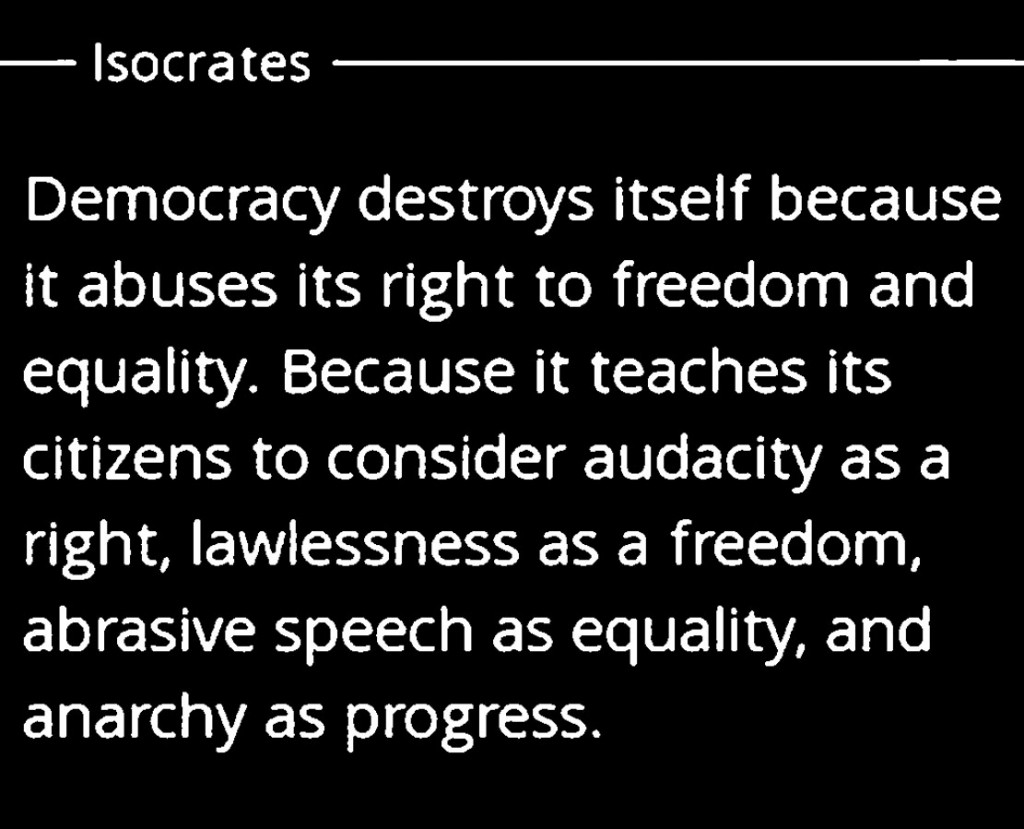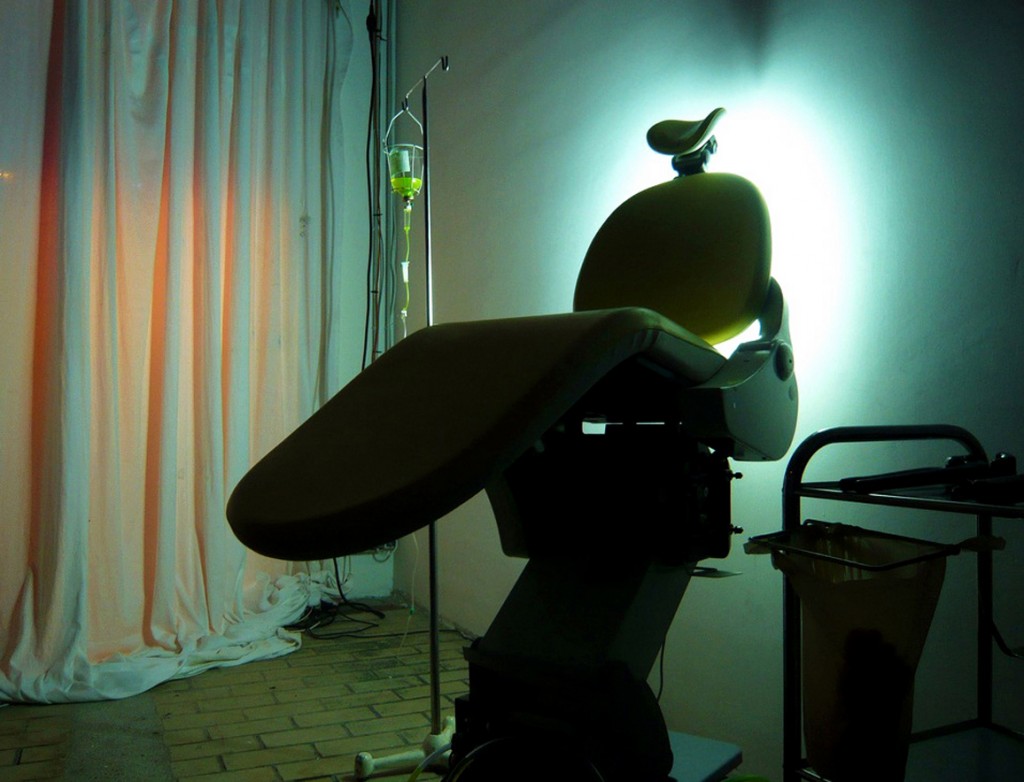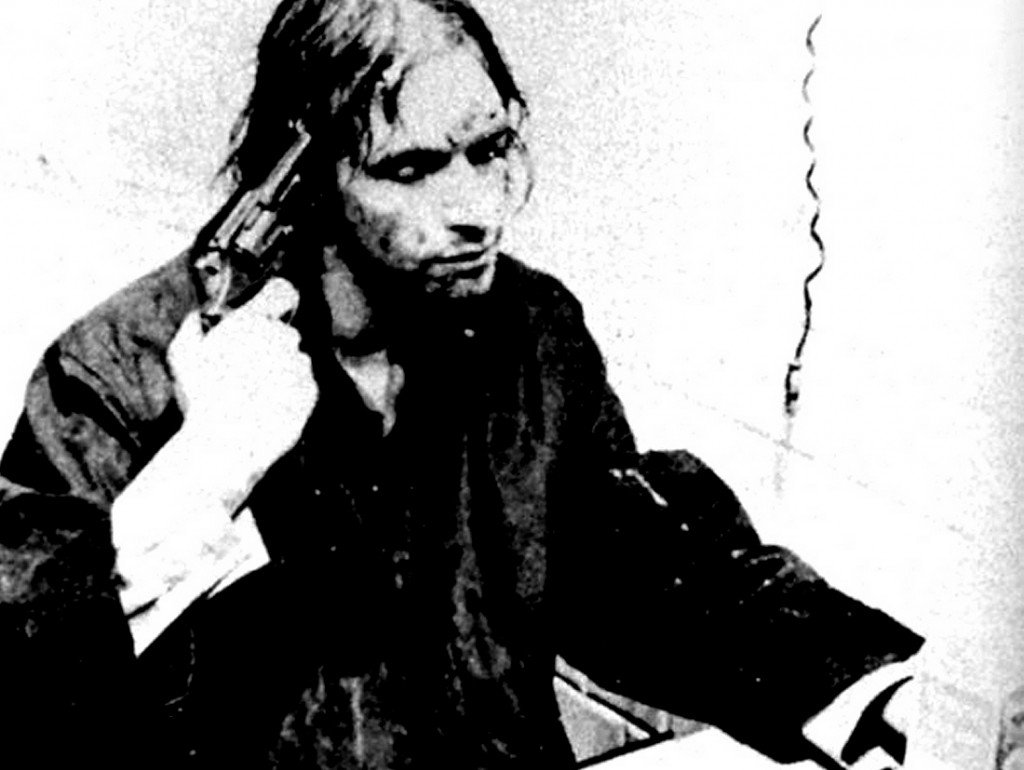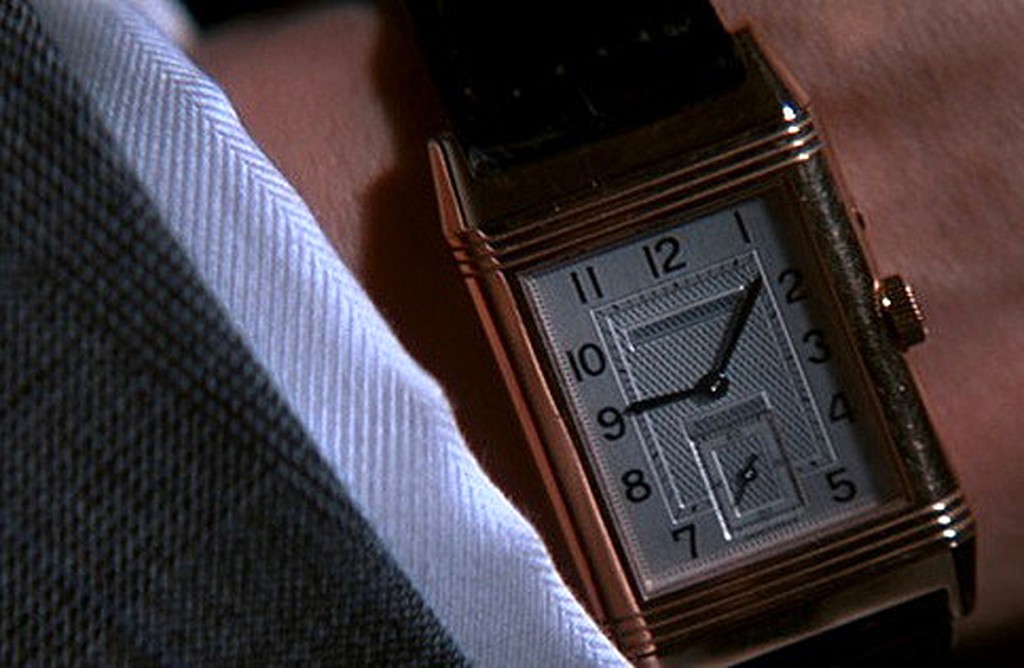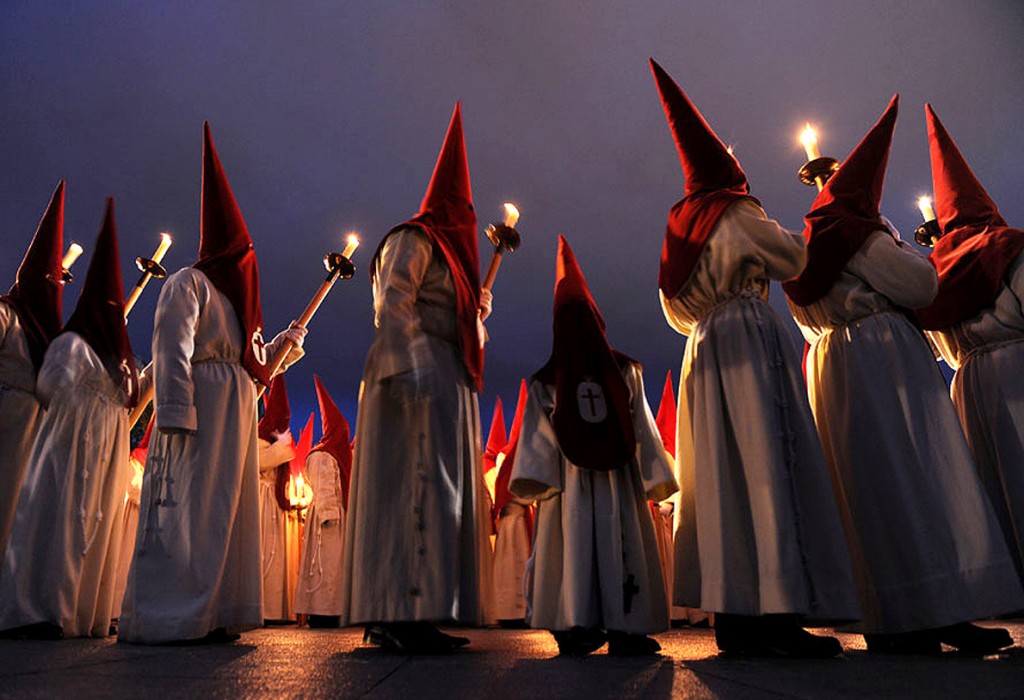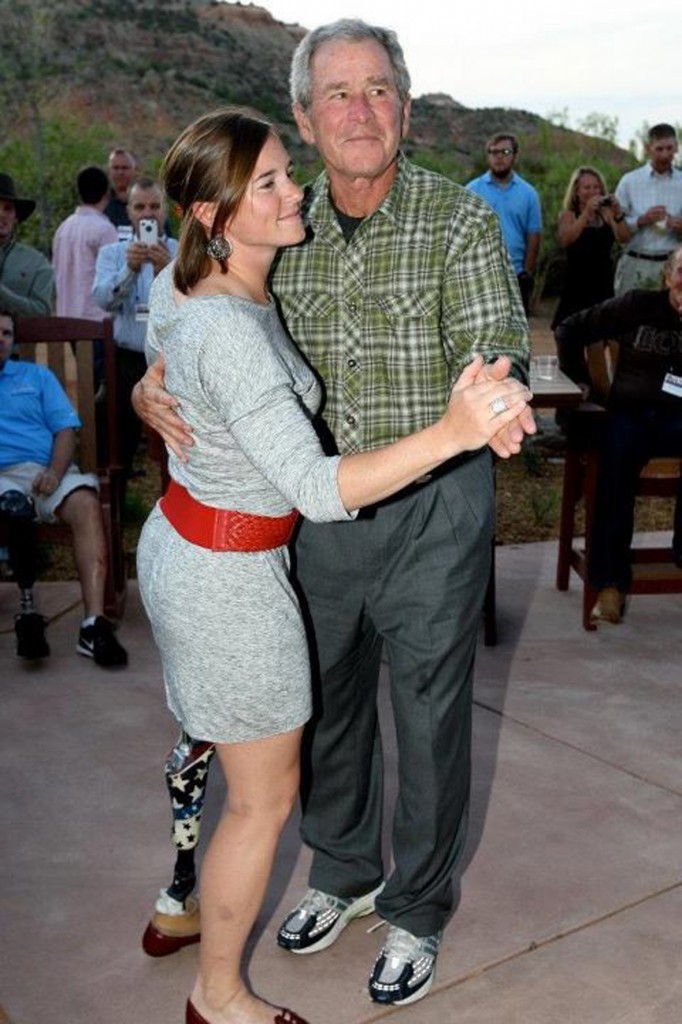Allow me:
Coffee – Not exactly. It isn’t know certainly when people started using coffee. Probably people of South America were using it at the same time. The first account of people drinking coffee was of Muslims (some people say it was the ancestors of the Oromo people in Ethiopia). However, had the German not reported this strange beverage and had the Dutch East India Trading Company not started bringing coffee to Europe, had the Italians not popularised it, you wouldn’t have coffee.
Cameras (also including the thing about Muslims and optics) – The first person to come up with the idea that a pinhole can form an inverted and focused image, when light passes through the hole and into a dark area was Mozi, a Chinese philosopher from the 5th Century bc. Aristotle, a Greek, noted the same phenomenon in the 4th Century bc (certainly, not knowing of Mozi’s same observation). The actual camera was invented by a Frenchman, Nicéphore Niépce. (I did a report on him in primary school for christ’s sake.)
Physics – Astronomy was studied as far back as 3000 bc by the Ancient Egyptians, Sumarians, etc. Everyone studied astronomy, especially because it was part of their mythologies. The word physics comes from the Greeks (φυσική). The Pre-Socratic philosophers were the first to practise natural science, during the Archaic Period (650 BC – 480 BC) or Greek Dark Ages. Even our idea of atoms comes from Leucippus and Democritus (the Atomists). Note Bene: all of this happened hundreds of years before Islam even existed.
Chess – I think you are referencing Chaturanga, which was a sort of fore-runner to modern chess (which was invented in Europe). However, this game is of Indian origin and was taken up by the Muslims after they conquered Persia… The irony here is unbelievable.
Soap – the earliest record of soap in the Islamic Middle East comes from the 12th Century AD. The earliest record of something resembling soap comes from 1550 bc in Ancient Egypt. An actual recipe for Egyptian “soap” exists from the reign of Nabonidus (556-538 bc). The Romans used soap but more as a pomade for hair (ref: Pliny the Elder). However, they record that the Gauls and Germans used something extremely similar to their own soap for bathing. This is all before the 1 Century AD… The word “soap” is thought to come from Mount Sapo (where they sacrificed animals and got the fat to make soap) – the word “sapo” means soap in latin (probably taken from sebum meaning tallow, which is the word Pliny the Elder uses)
Shampoo – see above…
Perfume – Perfumes were used all the way back to the Egyptian and Mesopotamian times, refined (of course) by the Romans. This one was just lame tbh.
Irrigation – If you don’t think people couldn’t figure out how to water plants before Mohammad, you must have brain damage. The Mesopotamians had a irrigation system, the Egyptians used the flooding of the Nile, Perians used irrigation…
Crank-shaft, internal combustion engine, valves, pistons – Tbh I’m not going to look all of these up but let’s just to one: The internal combustian engine was invented by Siegfried Marcus.
Combination locks – I had no idea about this one so I googled it: “The earliest known combination lock was excavated in a Roman period tomb on the Kerameikos, Athens.” A Muslim and an Italian inventor both independently of each other created a device similar to the combination lock. However, the modern combination lock was invented by a German. Thanks, Wikipedia.
Architectural innovation – I’m not even going to start with this one. Go to Italy and look at the Pantheon. Or go to Greece and look at the Acropolis. Or go to Egypt and look at a pyramid. Jesus Christ, do you even get out of the house???
Surgical instruments – Again, a greek word. People were performing surgery back to the Ancient Egyptians. The Greeks did it. The Romans did it. The Chinese did it. Obviously, they must have had instruments. They didn’t cut open someone’s skull with their teeth.
Anesthesia – another greek word. Lots of ancient peoples used hers to sedate people. The Mesopotamians used the poppy to sedate people…
Windmill – Um, no. Heron of Alexandria invented the windmill. He was a Greek, living in Egypt, under the Roman Empire… in the first century AD. How could you mistake that for Muslim?
Treatment of Cowpox – As a classics major, I know 0 about diseases. Someone can do more research on this if they’d like…
Fountain pen – congratulations! This one is right. What luck!
Numbering system – NO. The numbering system used most Western countries is from the Muslims. However, people were doing math and had numbers far before. They were just written differently. Saying that Muslims invented numbers is like saying that the the English invented language.
Algebra/Trigonometry – No. Absolutely no. Anyone heard of Euclid? The Pythagorean theorem? What was written on the door Plato’s Academy? “Let no one ignorant of geometry enter.” All of the Ancient Greek philosophers were well versed in mathematics. You can thank them. Now. Go thank them.
Modern Cryptology – I don’t know what you mean by modern but people have been making up codes since they could make up words…
3 course meal (soup, meat/fish, fruit/nuts) – Sorry, the Romans did this, too. gustatio, primae mensae, secundae mensae. They actually had a dessert not nuts so it seems more like the modern concept… However, it is hard to say who first invented a 3 course meal because we don’t know a lot about ancient eating habits (people write about wars not what they had for breakfast…)
Crystal glasses – I wikipedia’d this one: “Glasses with lead oxide content first appeared in Mesopotamia, the birthplace of the glass industry. The earliest known example is a blue glass fragment from Nippur dated to 1400 BC”
Carpets – I’m sure people had goddamn carpets before the 600´s but let me give you my favourite example, about an event that happened in the 400s bc, written in the 200s AD (Diogenes Laertius, “Life of the Eminent Philosophers”) : Diogenes the Cynic once saw Plato having his carpets cleaned for a party he was having. Diogenes immediately ran into Plato’s house and stomped all over his carpets, covering them with dirt and dust, saying “I stomp upon Plato’s vanity.” To which Plato replied, “how proud you reveal yourself to be while pretending not to be proud!” I think there is a moral in this for you, OP.
Checks – No. Praescriptiones, similar to checks, were used by the Romans.
Gardens used for beauty and meditation instead of for herbs and kitchen – Are you kidding???
University – the first “university” was Plato’s Academy. Then Aristotle’s Lyceum. There was a Platonic Academy in Alexandria, too.
Optics – This is starting to get sad/boring. The Egyptians and the Greeks studied optics.
Music – Absolutely not. The Ancient Greeks had music. Here’s a link to some of it. https://www.youtube.com/watch?v=Gn7jvHI2kU4 It was extremely formalised and used for tragedy, the effect was comparable to modern opera. There is a children’s movie called Donald Duck in Math Magicland where Donald Duck goes to Ancient Greece and listens to music. I recommend it to you highly.
Toothbrush – Again, thanks Wikipedia: “The first bristle toothbrush, resembling the modern toothbrush, was found in China during the Tang Dynasty (619–907) and used hog bristle.”
Hospitals – The first “hospitals” were in Ancient Greece, temples to the god of healing Asclepius. The Egyptians did something similar as well.
Bathing – Really? No one bathed before 600 AD? I can’t.
Quilting – “The earliest known quilted garment is depicted on the carved ivory figure of a Pharaoh of the Egyptian First Dynasty, about 3400 B.C.”
Mariner’s Compass – a number of countries had compasses before the magnetic compass. The magnetic compass comes to us either form the Chinese or the Muslums.
Soft drinks – Carbonated water is naturally produced. The English were the first to copy it.
Pendulum – Again, not a science person, so wikipedia helped: “One of the earliest known uses of a pendulum was a 1st-century seismometer device of Han Dynasty Chinese scientist Zhang Heng.”
Braille– Louis Braille, the Muslim.
Cosmetics – from the dawn of time, women have wanted to look prettier; the muslims have no monopoly on this. Have you ever even seen one of those ancient egyptian ladies with the winged eyeliner? Come on.
Plastic surgery: “Treatments for the plastic repair of a broken nose are first mentioned in the Edwin Smith Papyrus, a transcription of an Ancient Egyptian medical text, some of the oldest known surgical treatise, dated to the Old Kingdom from 3000 to 2500 BC”
Calligraphy – everyone has fancy writing. The Muslims did particularly well in this area, but so did the Chinese and the Europeans.
Manufacturing of paper and cloth – Okay, no one had clothes before the muslims. No one wrote on paper. Gotcha.
I’m fine if you want to celebrate things that Muslims contributed to the world but I’m afraid that you aren’t allowed to rewrite history to fulfill your own agenda.
